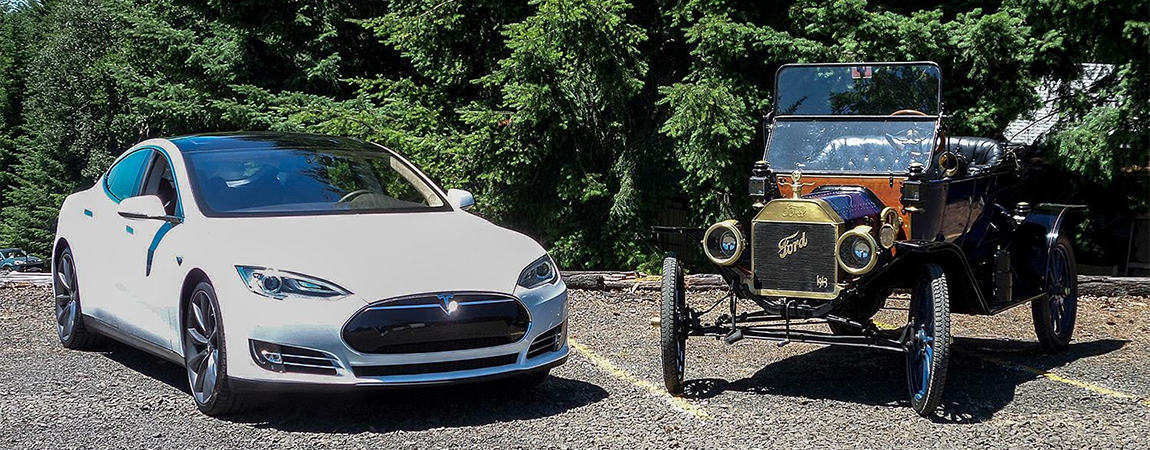
By Greg Yee, Superintendent, PacNWC
As I began a ZOOM connection with a few pastors as a follow up to our reading Francis Chan’s book Letters to the Church, I presented these statistics. Behind the Northeast as a whole and specific cities there, Seattle and Portland always rank among the most unchurched in the U.S. Barna takes it a step further and finds that 39% of Portland and 50% of Seattle are post-Christian, meaning that many people marked at least 9 of 16 criteria which identified a lack of Christian identity, belief and practice. Leaders in British Columbia speak of church work in parts of Canada being “pre-Christian“ now; meaning there is such an absence of familiarity with Christianity that it’s like a new mission field of unreached people.
We also looked at a Barna chart showing that generationally we are trending toward higher and higher percentages of people disconnected from church/Jesus the younger you look: 28% of Elders (1945+), 35% of Boomers (1946-64), 40% of Busters (1965-83) and 48% of Mosaics (1984-2002).
In addition we also reflected on PacNWC statistics that show seemingly encouraging trends year over year since the 2008 bust. We have seen increasingly higher per-attender giving as well as increasingly higher local church income. In contrast to these overall upward financial trends, our aggregate attendance has been declining during that same period. We noted that our relative financial strength may be in fact giving us a false sense of security.
As we sit with these often overwhelming realities, we sober up and remember that it is not a mistake that we are here at this time and in the Pacific Northwest for God’s Kingdom purposes. It is not a neutral placement or random coincidence. It is most certainly not a mistake that we are here. God sees us, empowers us, and calls us here. We are missionaries to the Pacific Northwest.
These are our sure convictions, but we receive Henry Ford’s pearl again, “If you always do what you’ve always done, you’ll always get what you’ve always got.” I think that’s a good word when we’re faced with different levels of decline or a sense of diminishing momentum and spirit. Is it time to stop the assembly line and take a more intense look at what’s going on and what might need to change? Is there a sense that we are still making Model-T’s during an age of Tesla’s and autonomous cars?
In Paul’s earnest plea to the Jesus-followers in 1 Corinthians 10:33, he urges, I, too, try to please everyone in everything I do. I don’t just do what’s best for me; I do what’s best for others so that many may be saved. This is Paul’s lead into saying at the beginning of chapter 11, Follow my example as I follow the example of Christ. Jesus was willing to give it all up so that you and I would know salvation. Likewise, Paul himself gave up everything in order for others, especially non-Jews to know the good news of Jesus.
My prayer is this – as you walked through your fall launch or as you anticipate it soon, that you have spent good “balcony” time to evaluate and do a check-up of how you are stewarding what God gives you. Evaluation should be a regular and natural flow of leadership and life/ministry together. Without evaluation, activity, structures, culture, processes, and expenditures that are mis-focused push us further away from being who we are supposed to be and the work we’re supposed to do. We continue to get what we always got.
As you do good prayerful evaluative work, here are some of my musings from my conversations around the conference:
- With all of our advances, people long to be connected to other people. Create new spaces and clear pathways for people to relate, explore, and learn. Nothing replaces intentional life-on-life work.
- Despite all our technology, we are hard-wired as the created, to know and touch the Creator. I think we need to focus less on worship style and more on creating worshipful environments where people can experience the supernatural; something bigger than themselves.
- Pray, pray, pray. Pray together. Pray together regularly. Build a culture of prayerfulness. If you’re not praying you’re clearly doing everything in your own power and in your own wisdom. Seek God and pray together.
- Whatever time, leadership, and effort you are putting into evangelism/discipleship, double, even triple it. Keep investing in and maturing the family business. In our humanness it’s natural to not prioritize this because of the high cost it demands. Quadruple it…!
- Call people to their Holy Spirit infused giftedness. We are a training and development organization. Be more like a trade school rather than a university. Don’t leave gifts on the bench. Have clear pathways of developing people. Call out your gifted women. Call out your gifted young people. Debunk the concept of retirement. Create a culture and clear pathways of leadership/gift exploration and development.
- Keep the expectation bar high for your people to engage the community, address societal good, protect life, and uphold God’s fullness for your neighbors. Keep learning/reading and exploring. Keep talking and stretching. Be a beacon. Be salty. Serve your community/town/area.
- Feed back, assess, dream, analyze, discern, evaluate… keep up the good work that is yours. May God bless you richly as you launch into this new school year.

